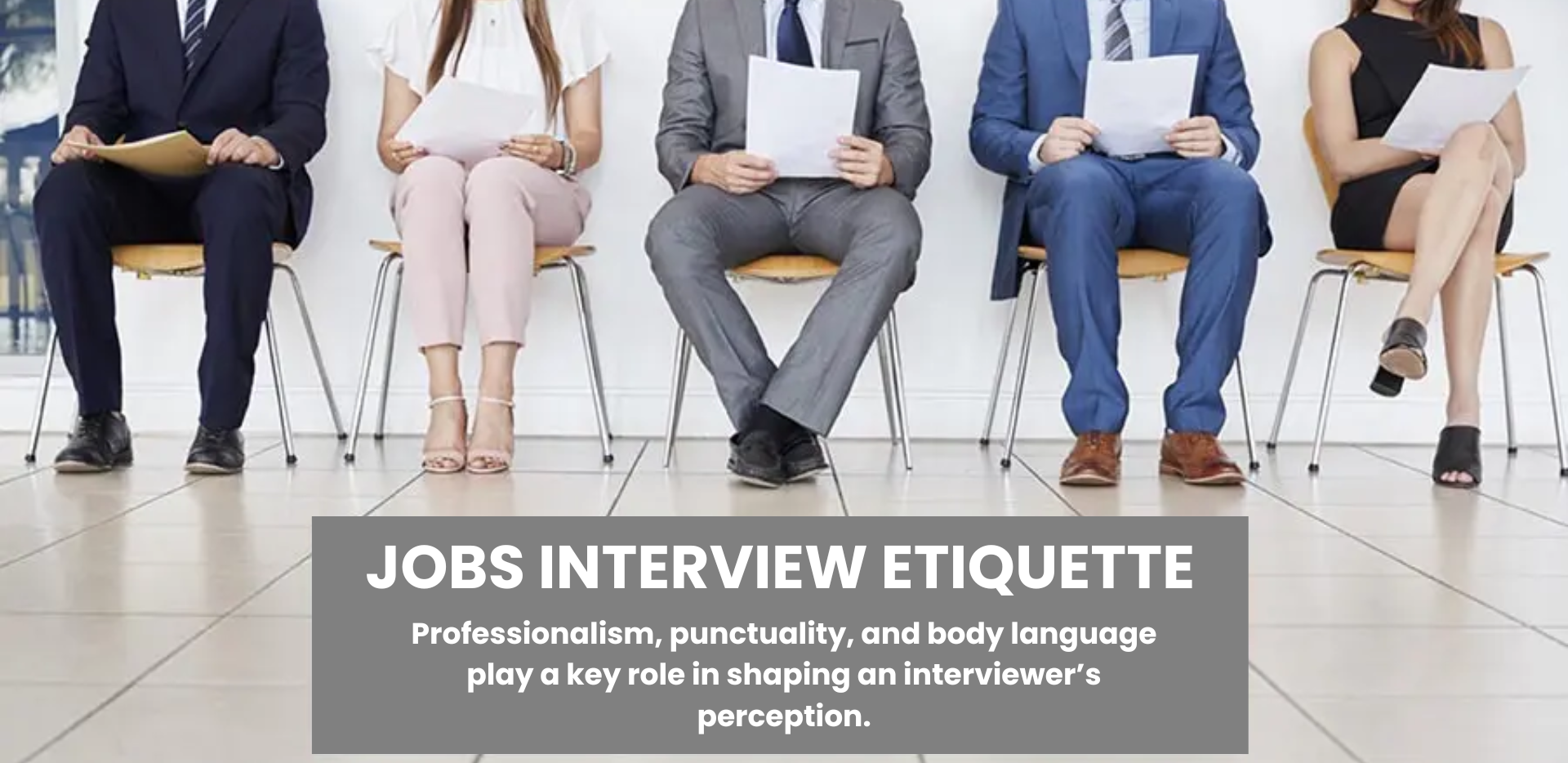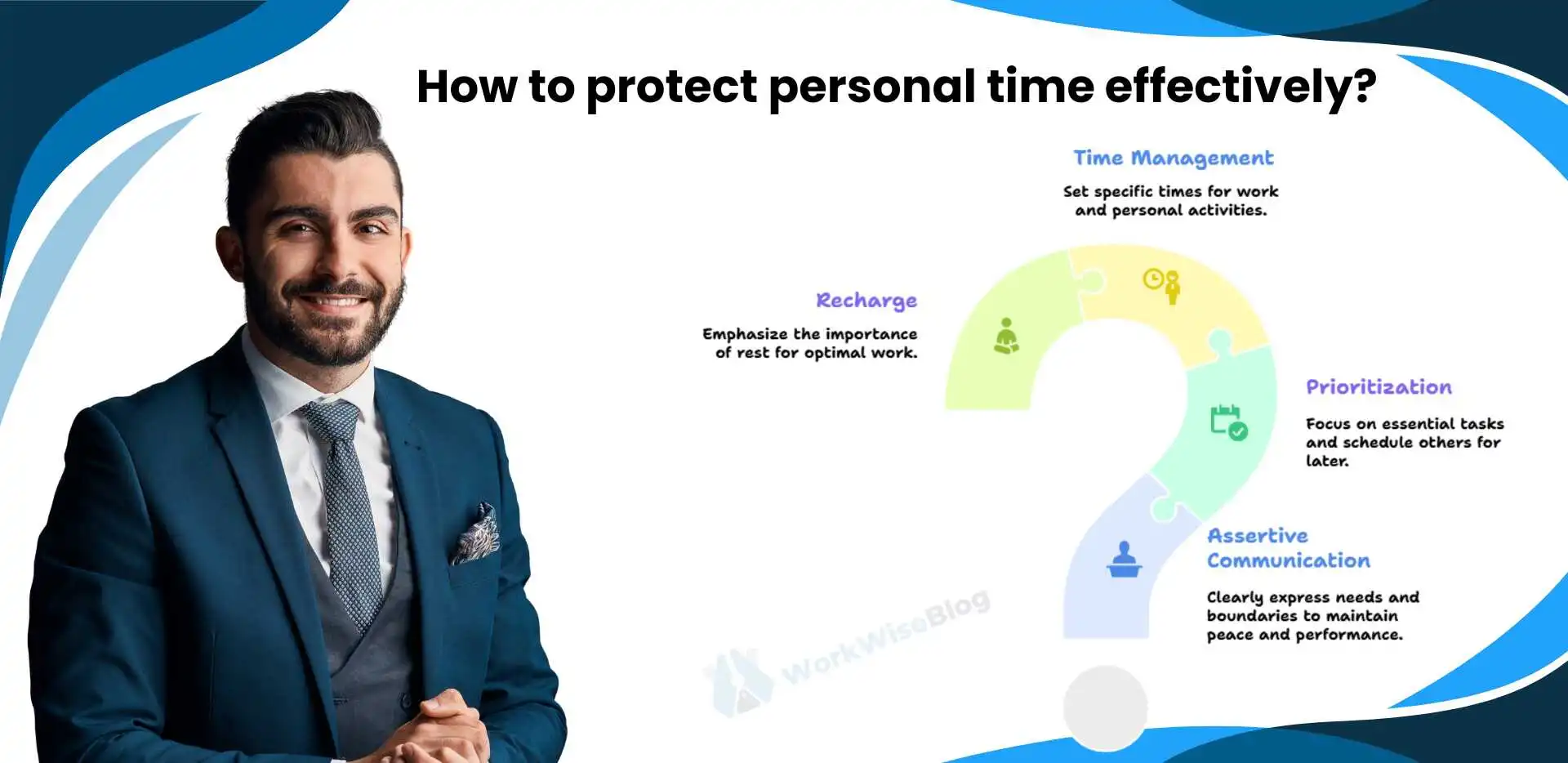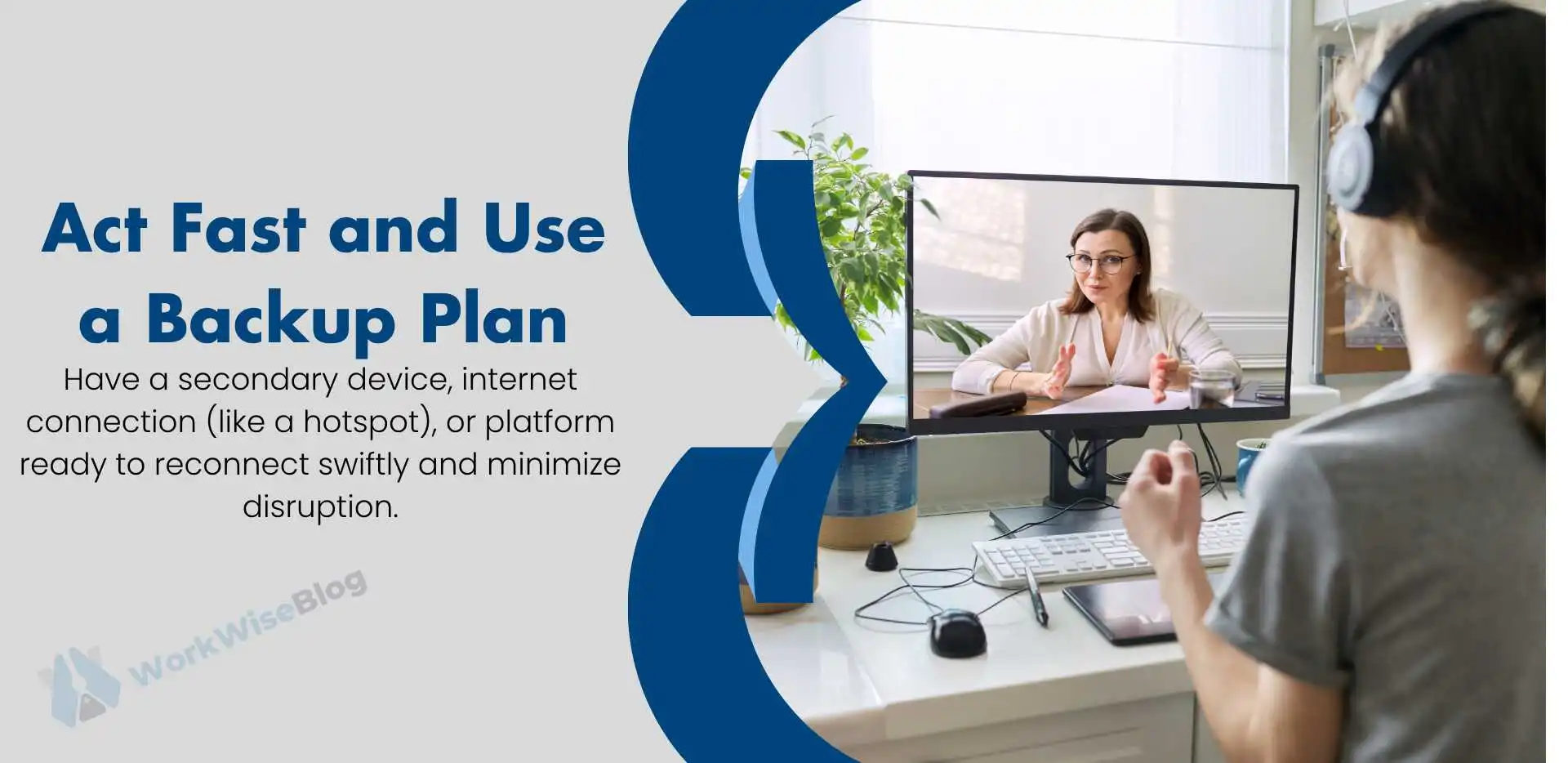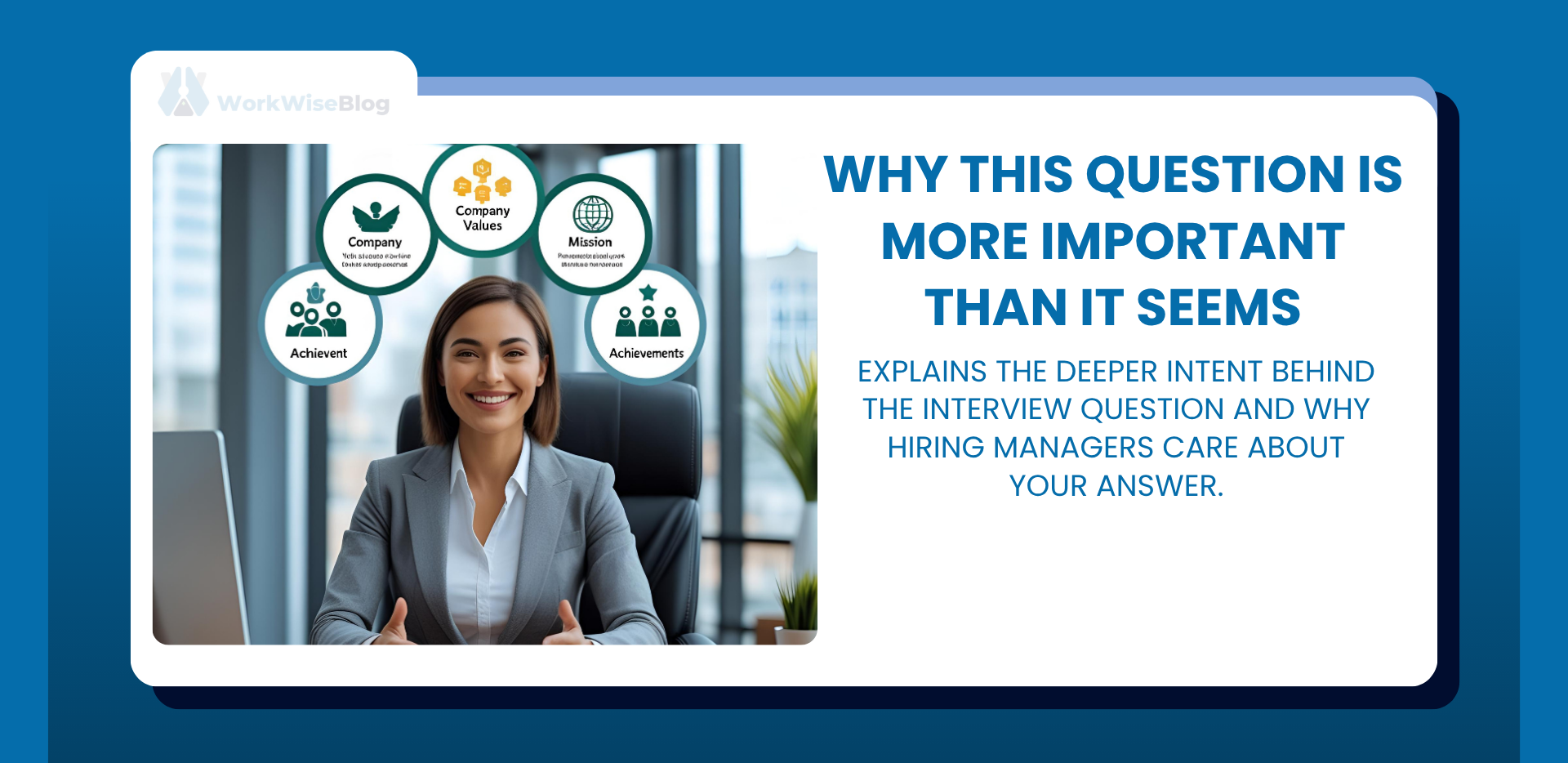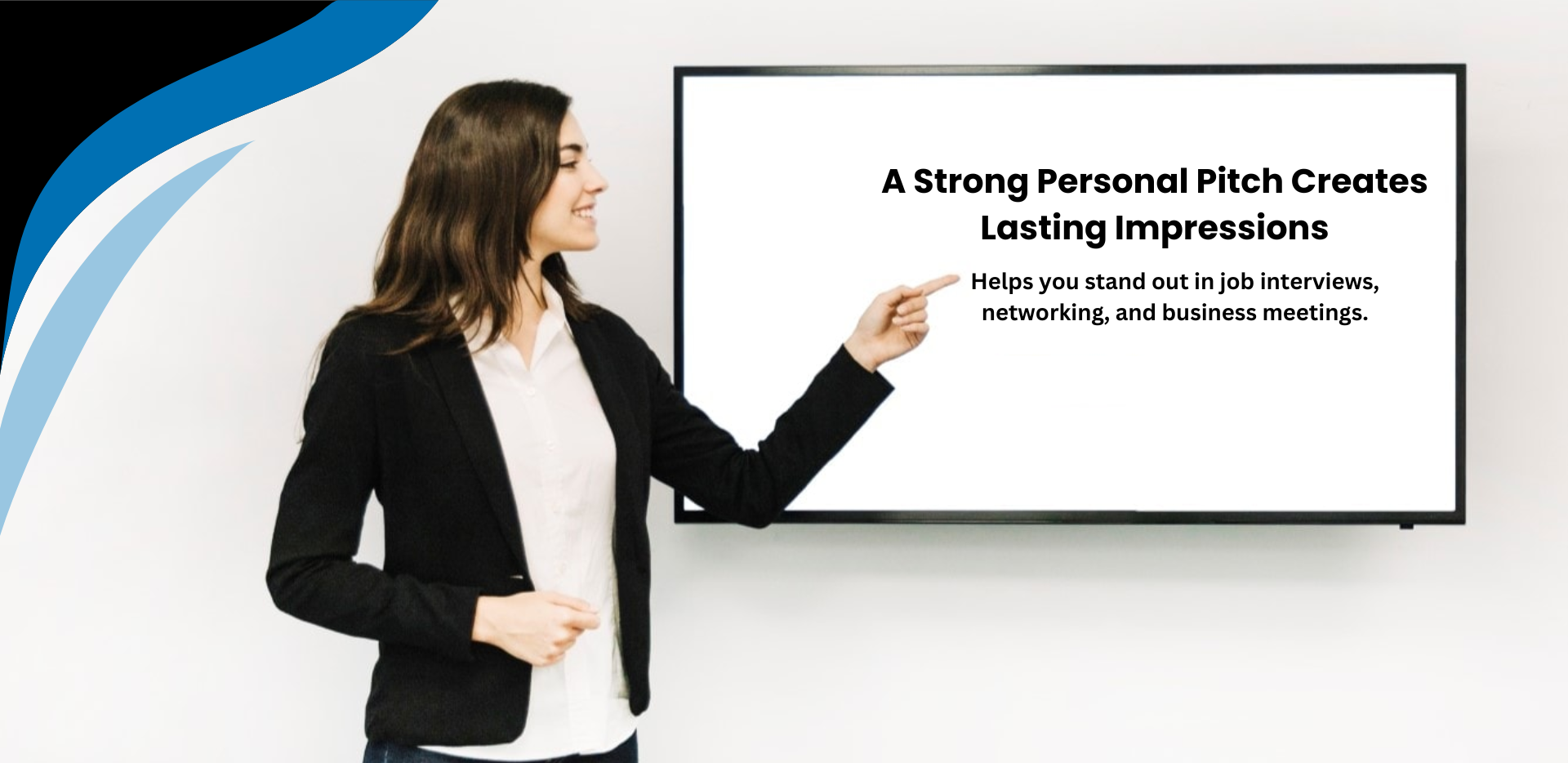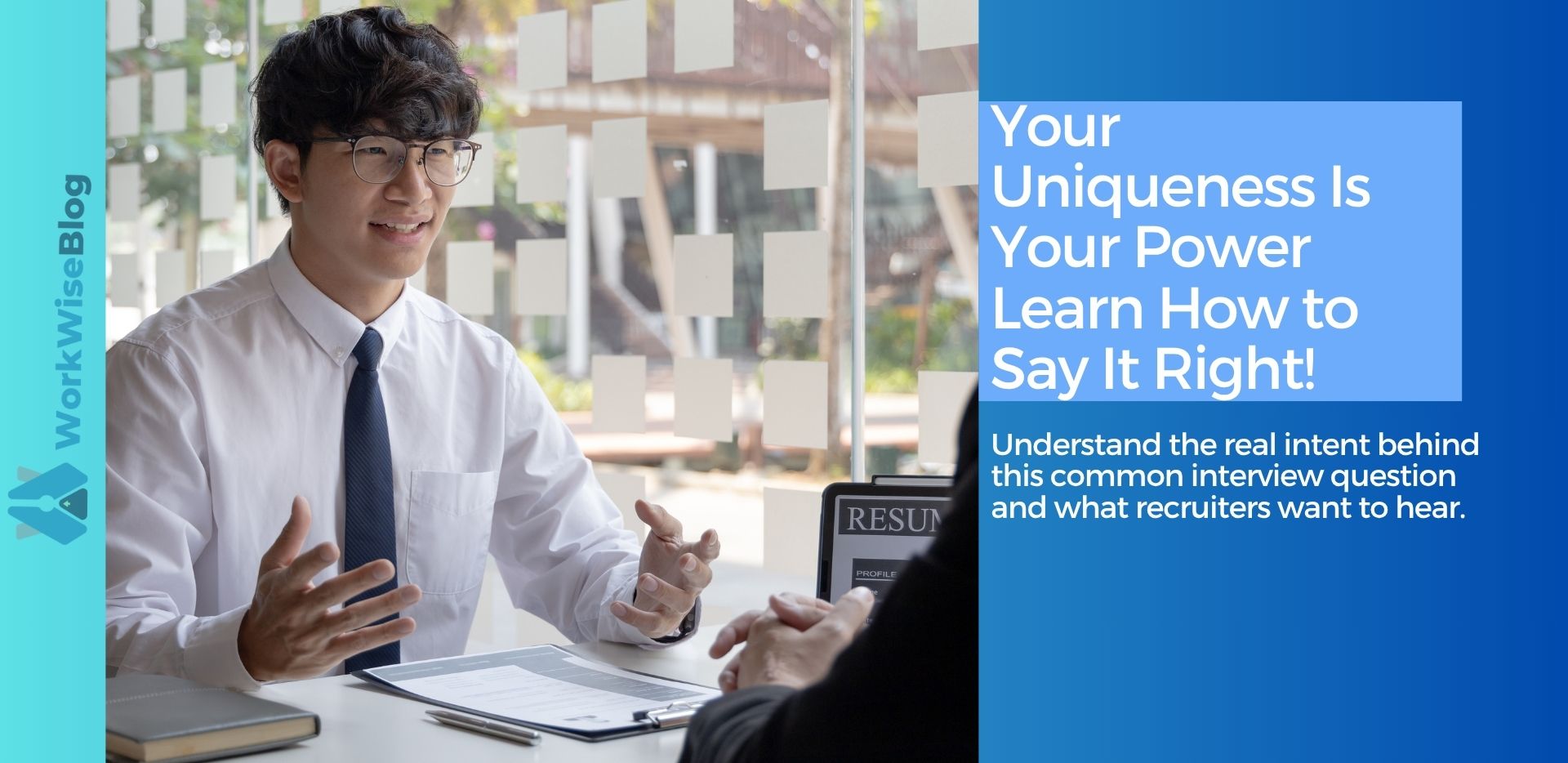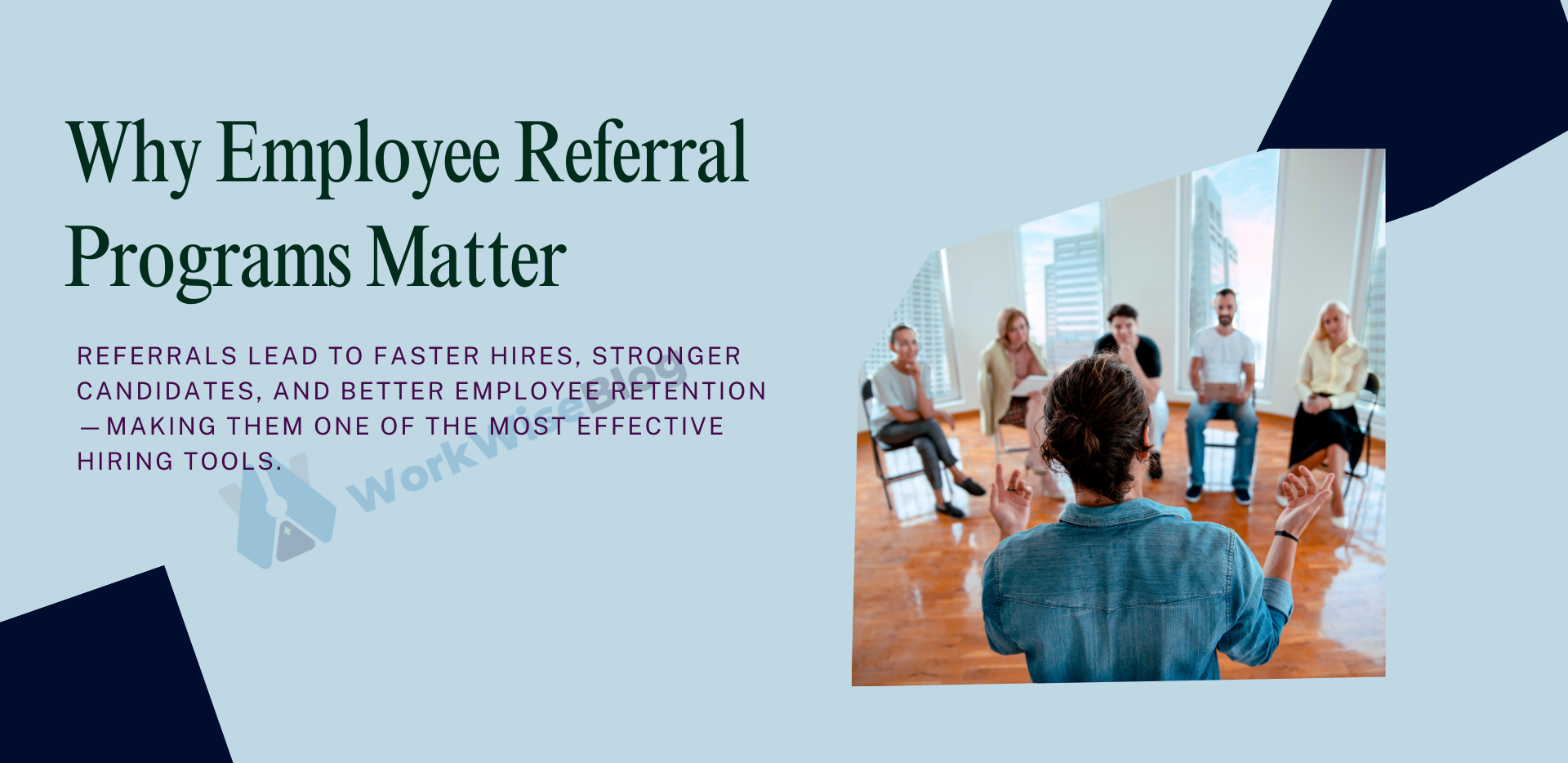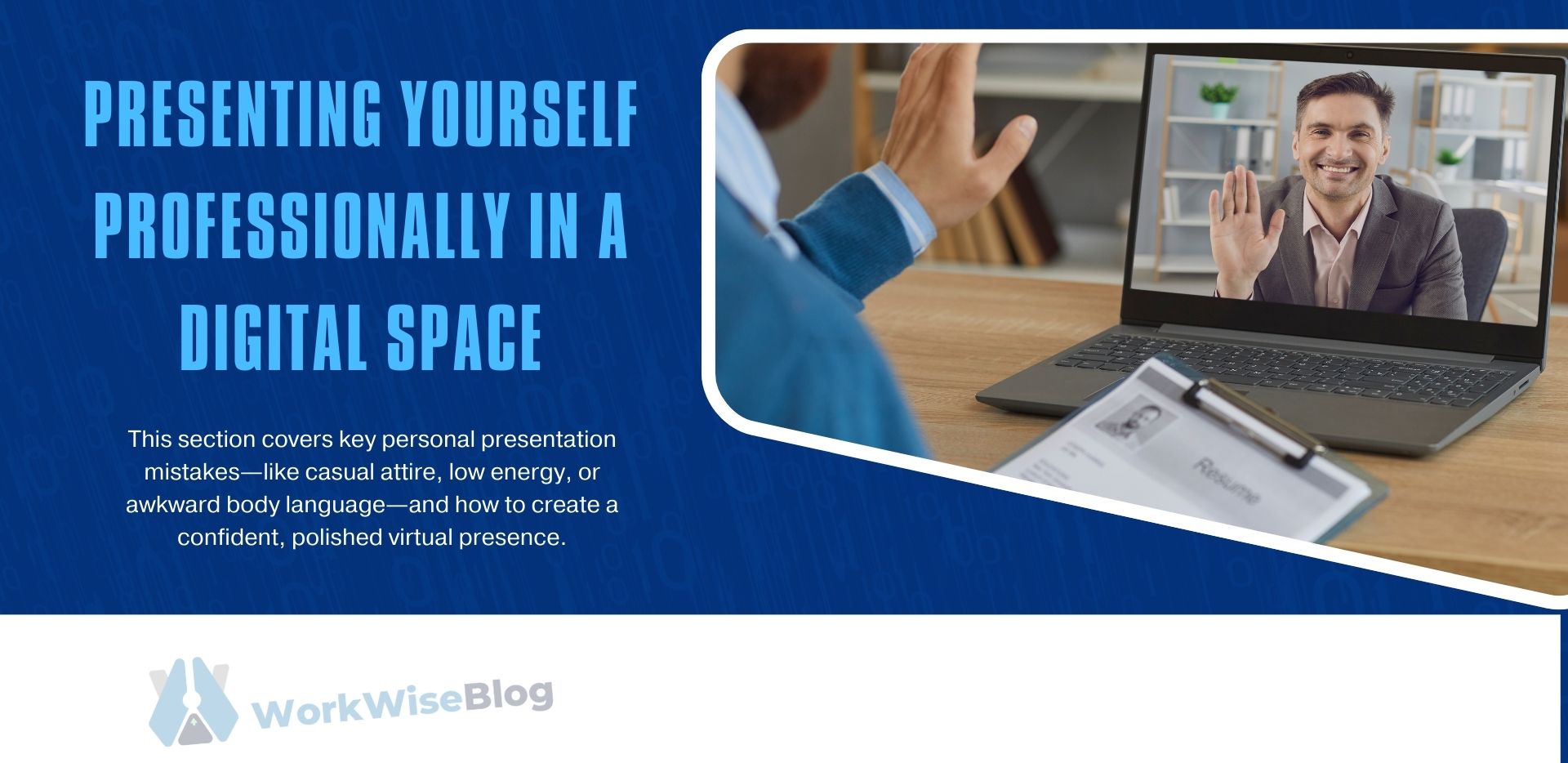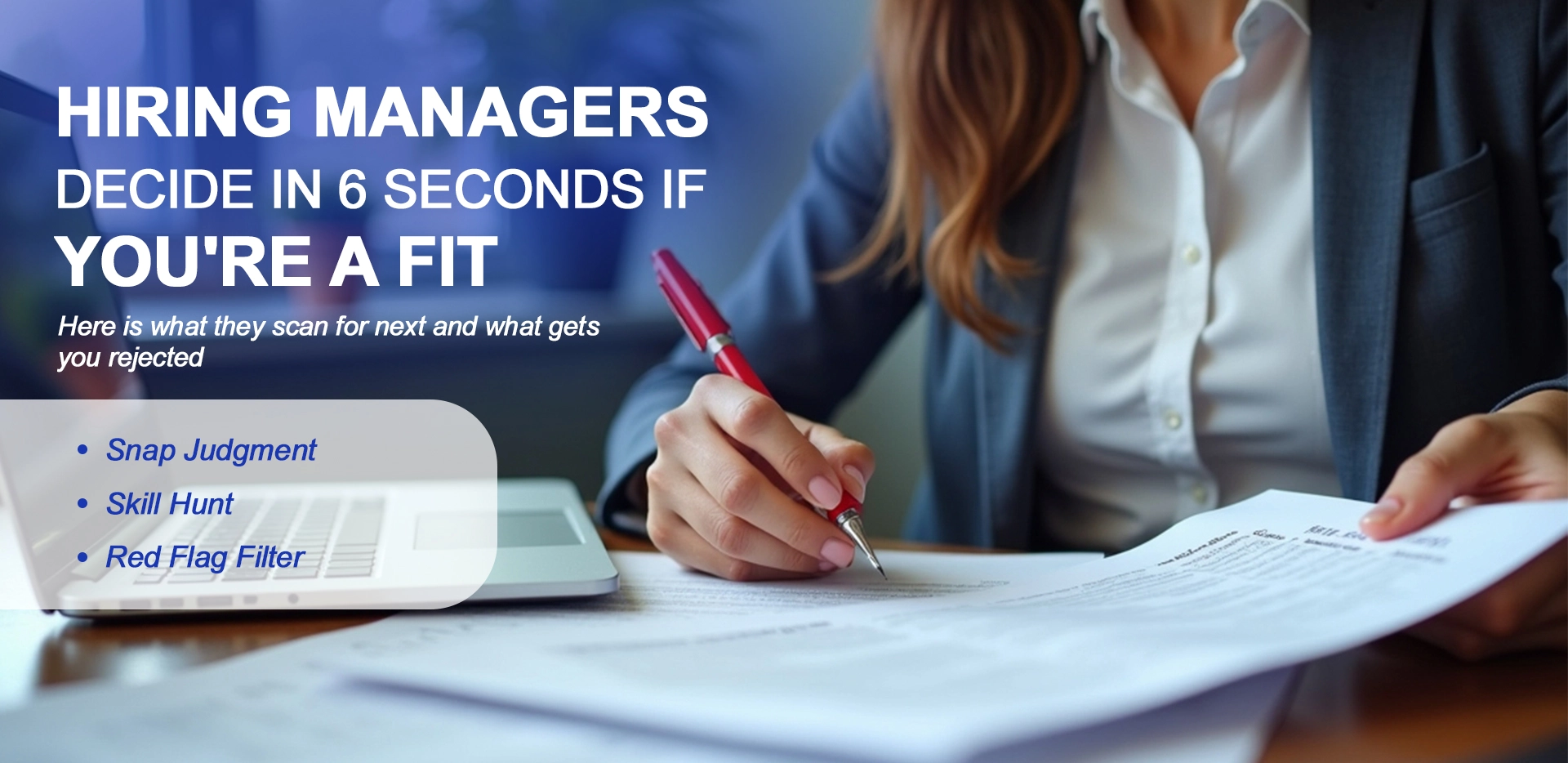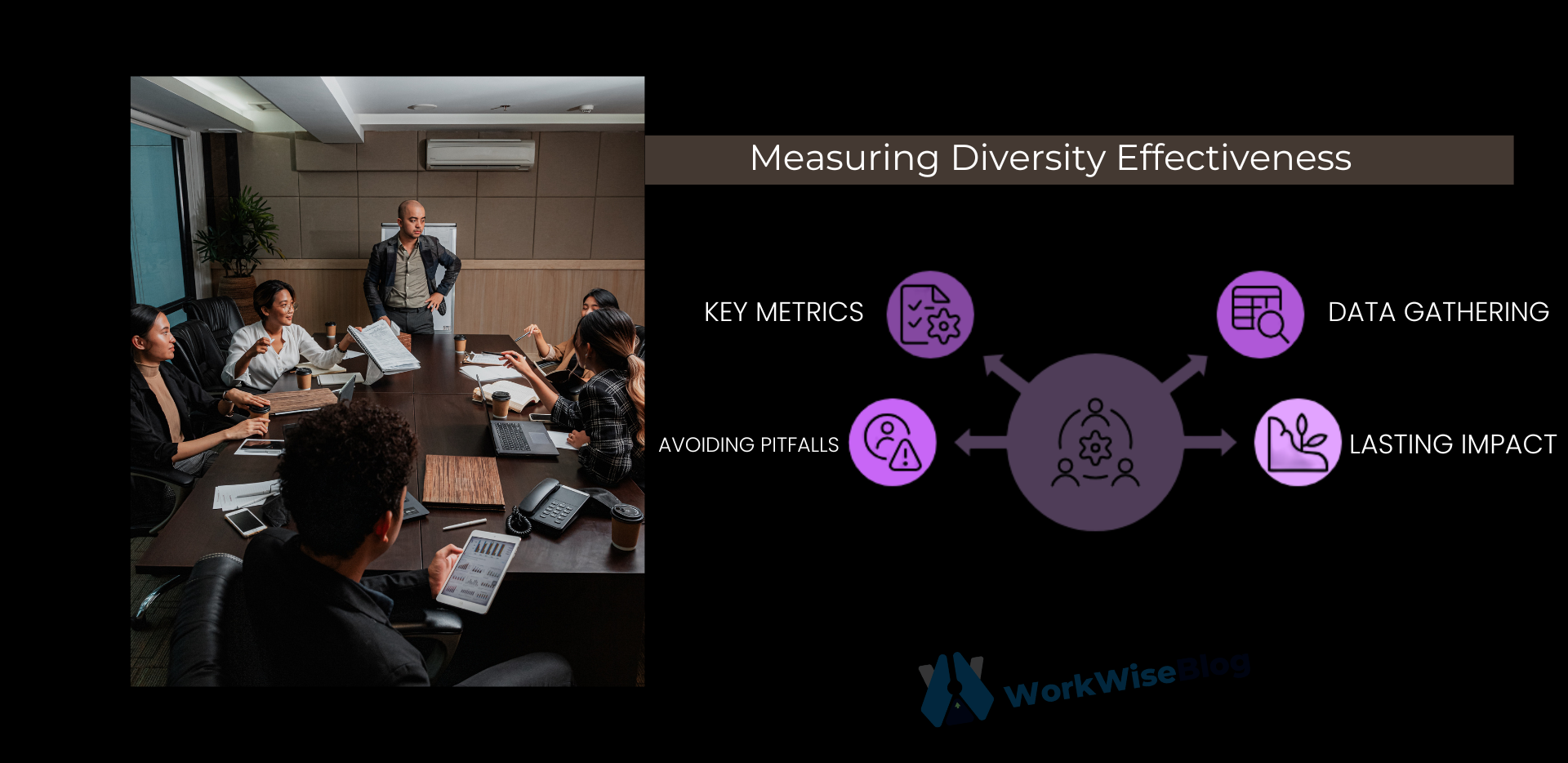
Why Interview Etiquette Matters
An important thing to answer interviews is essentially on the basis of right or wrong in whatever answer, what the person will do before during or even post-interview often weighs much while determining how a person is left to be brought out by an interviewer.
From the greeting at the receptionist’s desk to the follow-up afterwards, the conduct that will be projected shows much of what is deemed as professionalism and a good command of communication while demonstrating compatibility within the company culture.

Key Advantages of Good Interview Etiquette:
- It enables one to make a good impression on the interviewer.
- Practices professionalism as well as courtesy
- Guarantees high possibilities of remembering oneself positively.
The Do’s of Interview Etiquette
These “do’s” will help you make a good impression and demonstrate that you’re an organized and professional candidate.
1. Do Your Homework
Why It Matters:
Knowing about the company and role shows that you’re genuinely interested and prepared.
What to Do:
- Research the company’s website, mission, and values.
- Look up recent news about the company.
- Understand the job description thoroughly
Pro Tip:
Mention something specific you learned during your research to show your interest.
2. Do Dress Appropriately
Why It Matters:
First impressions are often based on appearance, so dressing professionally is essential.
What to Do:
- Choose attire in line with the corporate culture.
- Ensure your attire is clean, ironed, and fits.
- Pay particular attention to grooming—neat hair, clean nails, and minimal accessories.
Tip:
If in doubt, it’s better to be ever so slightly over-dressed than under-dressed.
3. Do Arrive Early (But Not Too Early)
Why It's Necessary:
Being on time shows respect for the interviewer’s time and reflects reliability.
What to Do:
- Attempt to arrive 10-15 minutes prior to schedule.
- Account for unexpected delays like traffic or parking issues.
- Utilize the buffer time to rehearse your notes or unwind.
Tip:
In the event that you do arrive more than 15 minutes prior to schedule, sit in your car or a nearby café before entering.
4. Do Make Eye Contact and Smile
Why It Matters:
Eye contact and a friendly smile convey confidence and warmth.
What to Do:
- Make eye contact when shaking hands and answering questions.
- Smile naturally to create a positive atmosphere.
- Maintain good posture throughout the interview.
Pro Tip:
Practice with a friend or in front of a mirror to ensure your expressions appear genuine.
5. Do Send a Thank-You Email
Why It Matters:
Following up shows appreciation and reinforces your interest in the role.
What to Do:
- Express gratitude to the interviewer via an email within 24 hours of the interview.
- Personalize the email by referring to some of the issues that have been discussed.
- Express your interest in the position and organization again.
Pro Tip:
Do your best to email thank yous to everyone you interviewed with-in one email, with slight differences to each.
The Do-N'ts Of Interview Etiquette
These are some of the most common “don’ts” that create a bad impression and can mar your career.
1. Avoid interrupting the interviewer
Why It Matters:
Interrupting is disrespectful and a form of bad listening.
What to Do:
- Interrupting the interviewer mid-sentence.
- Hurrying to respond to questions before they are completed.
- Interrupting others when interviewing in a group.
Pro Tip:
Let the interviewer complete speaking before you respond, and pause briefly to gather your thoughts.
2. Don’t Badmouth Previous Employers
Why It Matters:
Speaking negatively about past employers raises concerns about your professionalism and attitude.
What to Avoid:
- Sharing negative stories about previous jobs or bosses.
- Complaining about past work environments.
What to Do Instead:
- Focus on what you learned from previous experiences, even if they were challenging.
- Frame your responses positively by highlighting growth and skills gained.
Pro Tip:
If asked about a difficult situation, focus on how you handled it rather than the negativity.
3. Don’t Overuse Jargon or Buzzwords
Why It Matters:
Using too much industry jargon can make you seem insincere or arrogant.
What to Avoid:
- Overloading your answers with technical terms.
- Using buzzwords like “synergy” or “disruptive” without context.
What to Do Instead:
- Use simple, clear language to explain your ideas.
- Tailor your language to the interviewer’s level of expertise.
4. Don’t Check Your Phone
Why It Matters:
Checking your phone during an interview shows a lack of focus and respect.
What to Avoid:
- Looking at your phone, even briefly.
- Letting your phone ring or vibrate during the interview.
What to Do Instead:
- Turn your phone off or put it on silent mode before entering the interview room.
- Keep your phone out of sight.
Pro Tip:
If you’re using a digital portfolio, let the interviewer know in advance that you’ll need your phone or tablet.
5. Don’t Give Generic Answers
Why It Matters:
Generic responses make you seem unprepared and uninterested.
What to Avoid:
- Providing vague answers like “I’m a hard worker” without examples.
- Repeating the same responses for multiple questions.
What to Do Instead:
- Use the STAR method (Situation, Task, Action, Result) to give structured, detailed answers.
- Share specific examples that highlight your skills and achievements.
Pro Tip:
Practice tailoring your answers to the company’s values and job requirements.
Using AI to Improve Your Interview Etiquette
AI tools can help you refine your interview etiquette by providing real-time feedback and personalized insights.
AI-Powered Tools to Try:
AI tools can help you refine your interview etiquette by providing real-time feedback and personalized insights.
- Yoodli: Uses AI to analyze your speech and body language during mock interviews.
- Interviewing.io: Simulates real interviews with feedback from industry professionals.
- Grammarly: Helps ensure your thank-you emails are polished and
How AI Can Help:
- Identify filler words or nervous habits.
- Improve your tone, clarity, and pacing.
- Practice answering common interview questions confidently.
Common Mistakes to Avoid in Interview Etiquette
- Arriving Too Late or Too Early: Aim for the sweet spot—10-15 minutes early.
- Forgetting to Follow Up: A thank-you email can set you apart from other candidates.
- Failing to Prepare Questions: Prepare thoughtful questions to ask the interviewer.
Final Thoughts:
Interview etiquette is much more than an ability to answer questions. This is about demonstrating respect, professionalism, and an actual interest in the position offered. Following the do’s listed here and avoiding the common mistakes will make the right impression with your interviewer, thereby increasing the chances of receiving an offer for the job.
Ready to nail that interview? Start practicing these etiquette tips now and see how your confidence shoots up.

